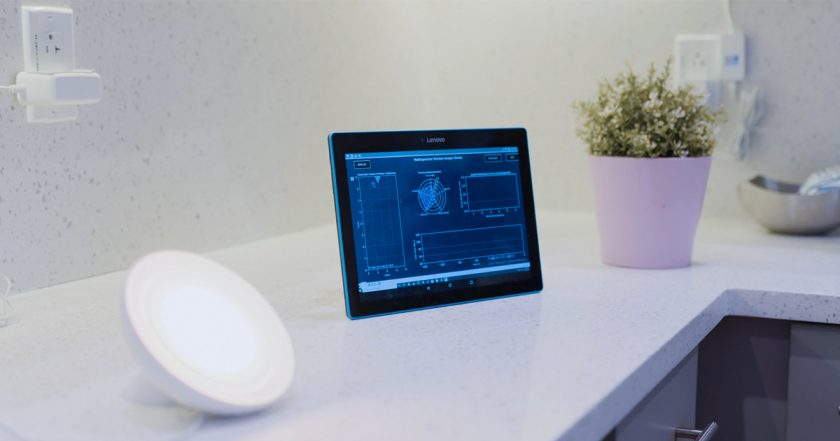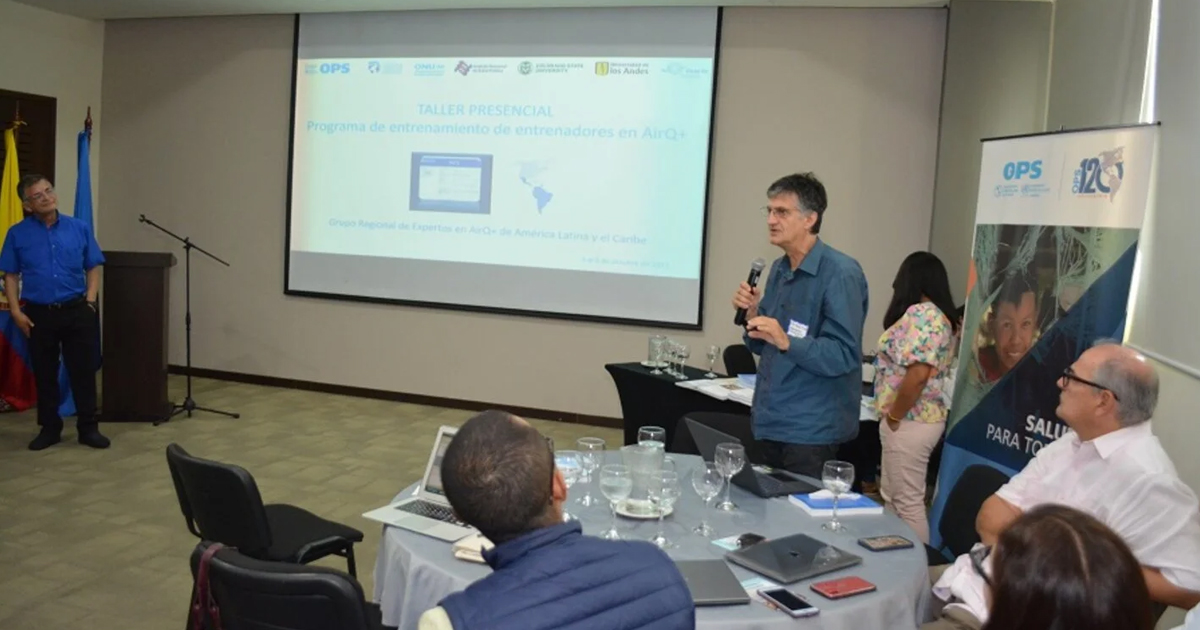For this Artificial Intelligence (AI) model, IBM and Pfizer have developed an algorithm that, through noninvasive speech tests, can predict a potential onset of Alzheimer's in healthy people.
This technology boasts an accuracy of 0.7 and an AUC (area under the curve), of 0.74. These results arose from an analysis of data samples from a group of healthy people. According to IBM information, its algorithm represents 59% higher accuracy in predictions based on clinical scales and 50% more than random choice.
This model performs natural language processing for analysis of speech samples approximately one to two minutes that are applied through a clinically administered cognitive test.
The data samples were provided by Framingham Heart Study, a non-profit organization engaged in heart disease research. Since 1948 they have been able to conduct a long-term study to assess the health of at least 5,000 patients.
IBM expects the final results of the research to result in benefits in creating a simple and accessible metric for doctors who assess the risk of the disease at its earliest levels. Ultimately, we hope that this research can lead to the development of a simple, direct and accessible metric to help doctors assess the risk of Alzheimer's disease in an individual, leading to earlier intervention.
Researchers involved in the project consider that the research has particularities and differences marked in relation to current Research on Alzheimer's.

The data used correspond to cognitively healthy patients, unlike other studies that predict the future onset of neurological diseases with patients who already show signs of cognitive decline. The study is also focused on the risk assessment of disease in the general population, unlike other studies that focus their research on high-risk groups, with a genetic history.
“Ultimately, we hope this research can lead to the development of a simple, straightforward and accessible metric to help clinicians assess the risk of Alzheimer’s disease in an individual, leading to earlier intervention”, mentions the IBM article.
Several studies have been published through this research by IBM and Pfizer, in important scientific journals such as Nature and The New England Journal of Medicine. “Our vision is that one day clinicians will have multiple AI and machine learning tools to help identify if an individual is at risk of developing Alzheimer’s disease.”





